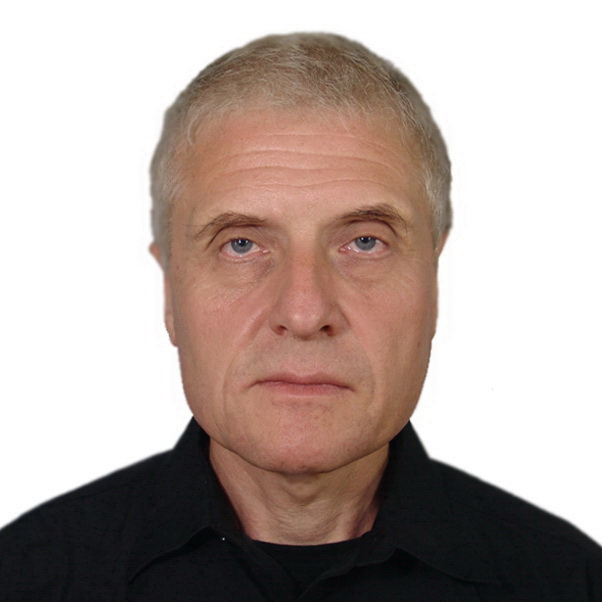| Biography | |
|---|---|
 Dr. Alexander Lukin Russian Academy of Sciences, Russia |
|
| Biography:
Dr Lukin got a M.S. degree (Rocket Propulsion Engineer) from Izhevsk State Technical University with the Diploma of Excellence (1985) and Ph.D. degree (Phys. & Math.) from the Physics‐Technical Institute of the Ural Branch of the Russian Academy of Sciences (1993). Dr. Lukin was involved in critically‐important research programs associated with the development of the solid propulsion systems that support the upper stages of intercontinental ballistic rockets. Dr. Lukin is Associate Fellow and Lifetime Member of the American Institute of Aeronautics and Astronautics (AIAA), International Member of the AIAA Solid Rockets Technical Committee (SRTC); Member of the AIAA United Nations Committee On Peaceful Uses of Outer Space (UN‐COPUOS) Working Group (WG); Member of the International Advisory Committee of the State Key Laboratory for Modification of Chemical Fibers and Polymer Materials (SKLFPM) in Donghua University, Shanghai, China; Professor‐Advisor of the Shaanxi Research Institute of Applied Physics‐Chemistry, China; Academic Consultant of the North‐Western Polytechnic University, China; Member of the National Graphene Association (NGA). Dr. Alexander Lukin is Expert of the Russian Academy of Sciences, Expert of Federal Register of Experts of the Ministry of Education and Science of the Russian Federation in the area of Space and Transport Systems, Honorary Fellow and Chair of the Research Sub‐committee of the Academic Council of the Australian Institute of High Energetic Materials (Sippy Downs, Australia). Research interests Dr. Lukin's areas of research interest are in aerospace propulsion; energetic materials; carbon‐based nanostructures; ion‐assisted pulsed‐plasma deposition; self‐organizing of the micro/nano‐scale structures; plasma‐acoustic coupling mechanism; nanoclusters; cymatics; micro/nano‐pattern formation; advanced propulsion materials; ignition and combustion of propellants for space and rocket propulsion; unstable and abnormal combustion of the energetic materials; microscale combustion mechanisms; functional nanomaterials; electrokinetic phenomena; advanced plasma technology application. | |
